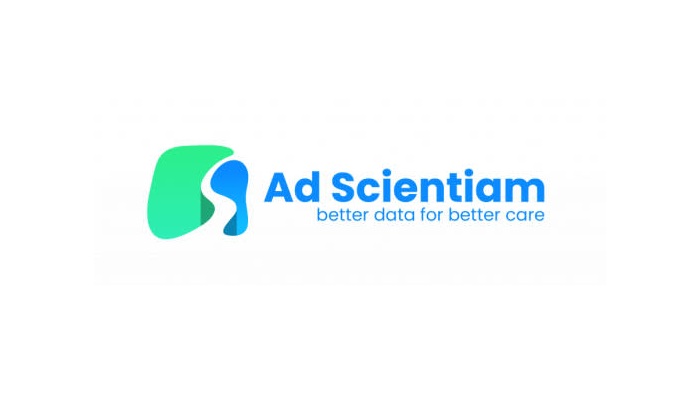Ad Scientiam, a global leader in digital biomarkers, has announced a partnership with Sanofi to launch MS-DETECT, an international, multicenter, longitudinal study. MS-DETECT aims to evaluate the ability of MSCopilot(R), a medical software device, to detect early signs of disability worsening in people with multiple sclerosis (PwMS). The study will draw upon Ad Scientiam’s expertise in MS and is financially supported by Sanofi.
Multiple Sclerosis (MS) is a chronic immune-mediated disease of the central nervous system that affects 2.8 million people worldwide. The disease is characterized by early inflammatory demyelination and subsequent neurodegeneration. Current clinical evaluation of PwMS relies mainly on the Expanded Disability Status Scale (EDSS), which has several limitations. To improve on these assessments, Ad Scientiam has developed MSCopilot(R), a software medical device that addresses four dimensions: ambulation/mobility, upper extremity function, cognition, and low-contrast visual acuity.
MS-DETECT’s main objective is to determine MSCopilot(R)’s ability to identify subtle and early disability worsening. This will be performed by evaluating MSCopilot(R) individual and/or composite scores as compared to the Multiple Sclerosis Functional Composite (MSFC) and the EDSS.
“MS-DETECT is a pioneering large-scale longitudinal study that explores digital biomarkers for the early detection of disease progression. This study will provide important data to both clinicians and people living with MS,” according to Dr. Saad Zinai, Chief Medical Officer at Ad Scientiam.
“Disability worsening in MS has been recently redefined and we now know that this progression can occur independently of relapses. With MS-DETECT, we have an opportunity to develop a digital solution to help detect and monitor the effects of smoldering disease, and evolve treatment goals for MS patients,” explains Su-Peing Ng, Global Head of Medical Affairs – Specialty Care at Sanofi.
The study also aims to assess the MSCopilot(R) performance, safety, usability and satisfaction with the solution.
“Disease progression can be hard to detect in routine practice. I believe these novel digital biomarkers are key to help clinicians make appropriate treatment decisions and, ultimately, improve patients’ care,” said Prof. Patrick Vermersch (Lille, France), Coordinating Investigator and Chairman of the Study Steering Committee.
The MS-DETECT study will include 314 PwMS and will be conducted in the United States, Canada, Germany, Italy, Spain, Denmark and France. Several investigative sites have already been initiated in North America and Europe and first patients are expected to participate in the study during Q3 2023.
Check our LinkedIn, Facebook, Instagram pages or visit adscientiam.com
Contact Information
Saad Zinai
Chief Medical Officer
szinai@adscientiam.com
+33768008666
Matthieu Lamy
President
mlamy@adscientiam.com
+33768008666
